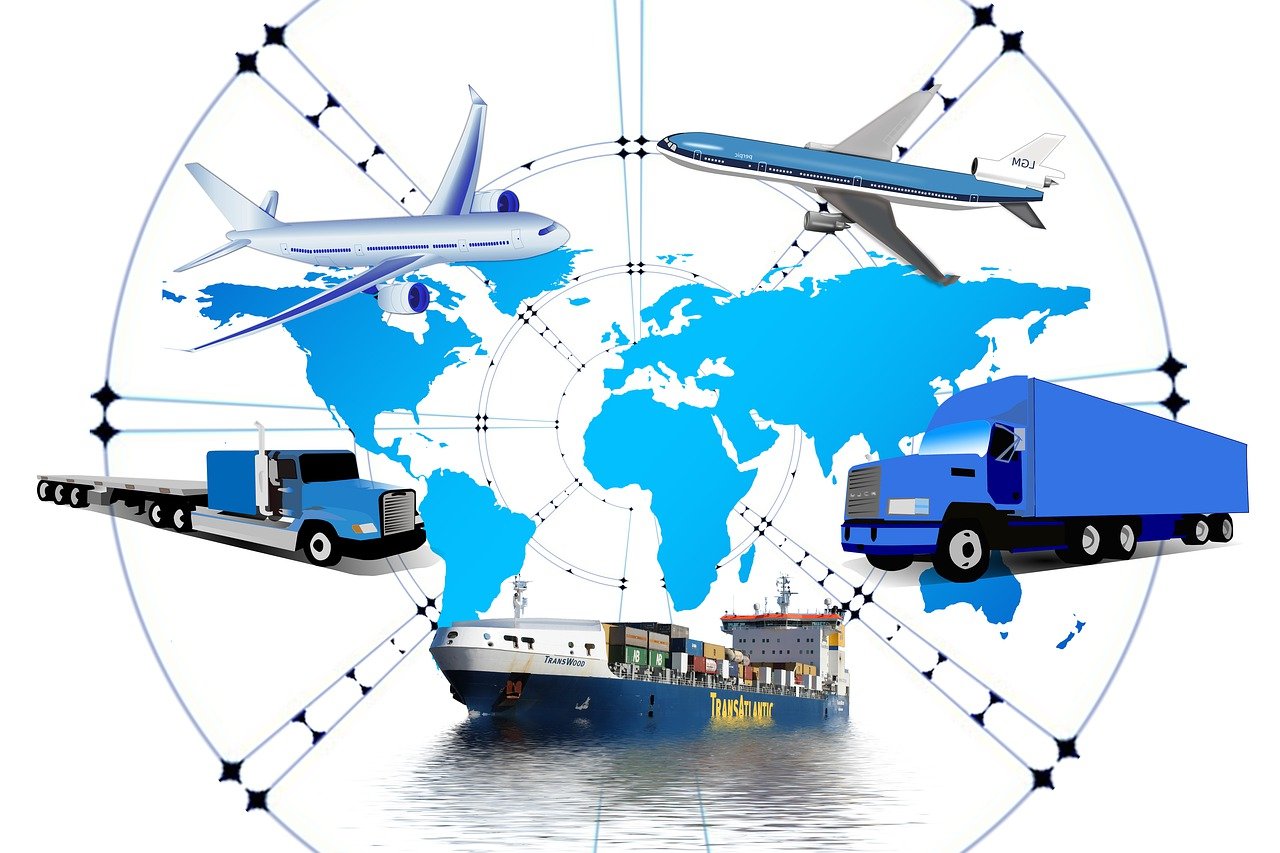Logistics is one of the key elements of the current industry. It ensures that items reach their intended place in minimal time, cost, and damage. In short, it deals with the implementation and organization of the complex operations for transporting goods from one place to another.
In the past year, blockchain technology has emerged in the world of trucking and logistics as a solution to some of the major inefficiencies that have plagued the industry for decades.
Benefits of Blockchain in Logistics
1.Transparency
In the logistics industry, there is a lack of transparency, and blockchain is could very well be the perfect solution. Blockchain, after all, allows everyone to track variations or deviations on the chain of supervision. Everyone on the blockchain can see the chain of ownership for an asset: records on the blockchain cannot get erased, which is essential for a transparent supply chain.
2.Simplified Payment Procedures
Payments are important for any business. Blockchain makes this process secure. For example, it’s possible to make transactions with such cryptocurrencies as Bitcoin. As a result, the payment process is secure and transparent. Also, such solutions improve international processes.
3.Improves Compliance
Blockchain and ELDs (electronic logging devices) are a natural pair. ELDs can send a stream of driver behaviour and route data to a blockchain in real-time. Pairing this information with traffic data and weather data gives carriers and shippers a tool to improve routing.
4.Real-time tracking
Visibility has long been one of the biggest challenges in logistics. Using blockchain in logistics systems and supply chain can help you handle help you track down freight more easily. At present, same-day deliveries and on-demand deliveries are increasing. So, it can quickly become a burden for logistics companies as they don’t have the infrastructure to meet up with the needs for these overwhelming demands. With its chronological ordering of data, blockchain technology is an intuitive approach to recording every step of the order fulfilment or delivery process. Companies, such as ShipChain, already taking advantage of blockchain’s capabilities for more efficient shipping strategies.
5.Improved Shipping Process Efficiency
With blockchain, the first thing that will improve logistics is shipping and freight. In short, it can be used to improve the delivery process internationally and locally. It will also make them improve their goods capacity and improve their process efficiency.
6.Faster Transaction Settlements
Blockchain provides harmony as there is no disagreement in the chain regarding transactions; all entities on the chain have the same version of the ledger. This makes the transaction process more efficient and helps achieve a quick delivery of goods and services through mutual trust among participants.
7.Lowering administration costs
There’s one issue that has plagued logistics for decades; the seemingly endless documentation, ledgers, and communications that characterize supply chain management.The decentralized nature of blockchain allows important logistics information to be distributed between all parties involved in the supply chain with easy access. Major retailers such as Alibaba and Amazon have already begun experimenting with blockchain to make their cross-border operations more efficient.
8.Prevents Theft
A blockchain can contain detailed information and rules, such as photo IDs and rules for the pick-up and delivery of freight. These added precautions will improve security and reduce the possibility of freight theft. A blockchain also enables the secure transfer of titles for what are known as smart properties.
9.Verification Process
Blockchain gives end consumers an opportunity to simplify the authenticity of the goods. There are platforms with data about product origin, quality, fineness, and others. This technology gives clients transparency. As a result, people trust companies more.
In Conclusion
In the future, blockchain is expected to bring about a paradigm shift in logistics. It will make the transaction verification process more efficient, and help achieve a quick delivery of goods and services through mutual trust among participants. Though this process may take several years to be implanted in logistics.







Leave A Comment